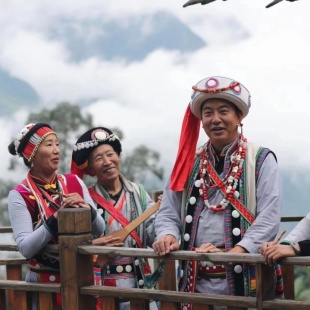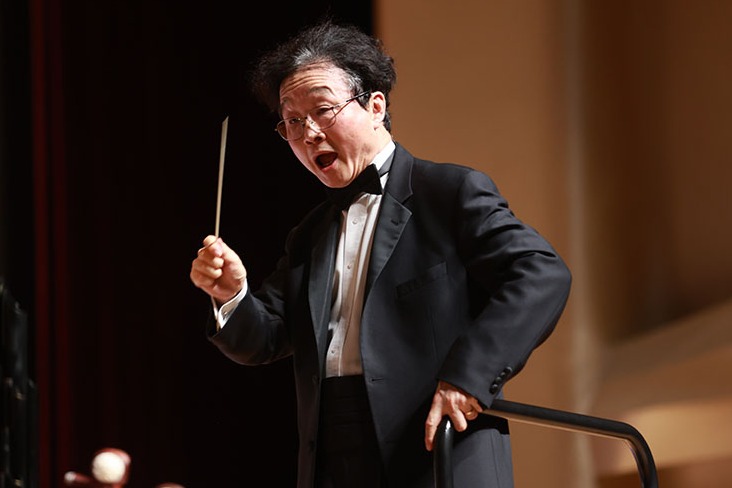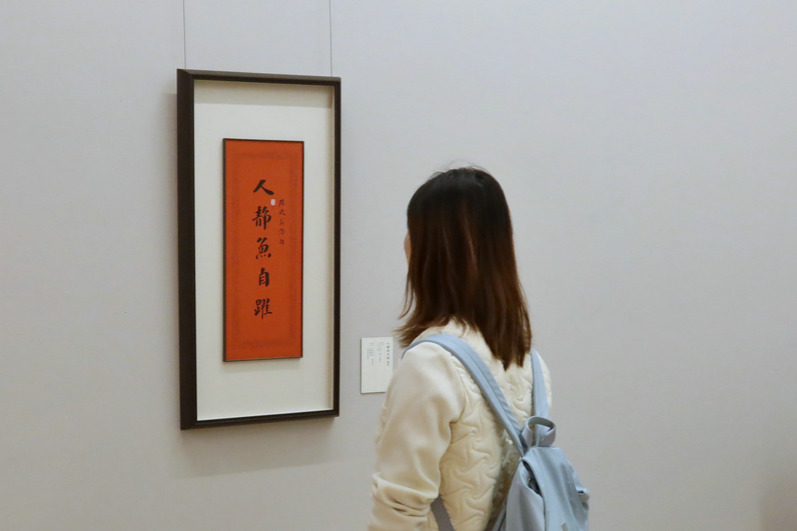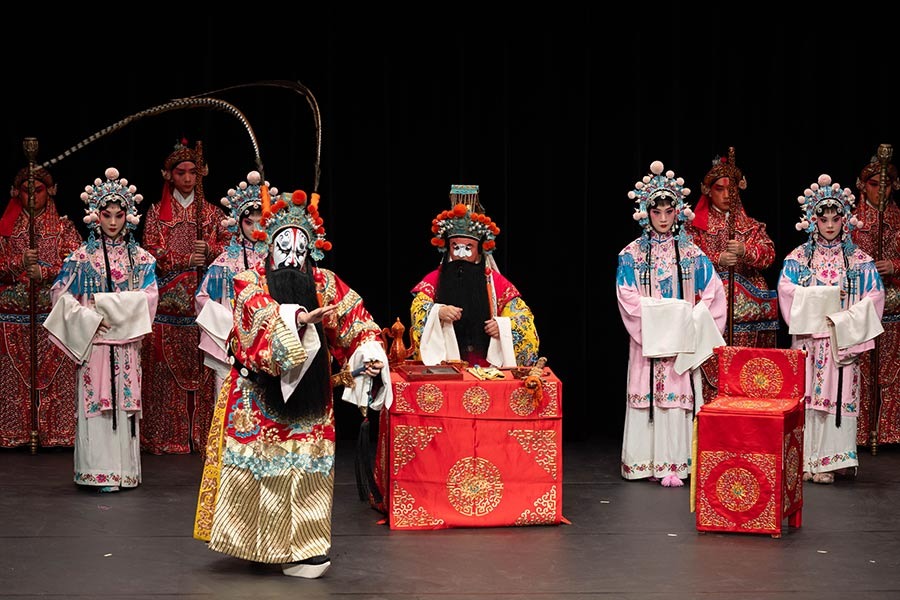Deputy stresses how ethnic culture can boost rural income

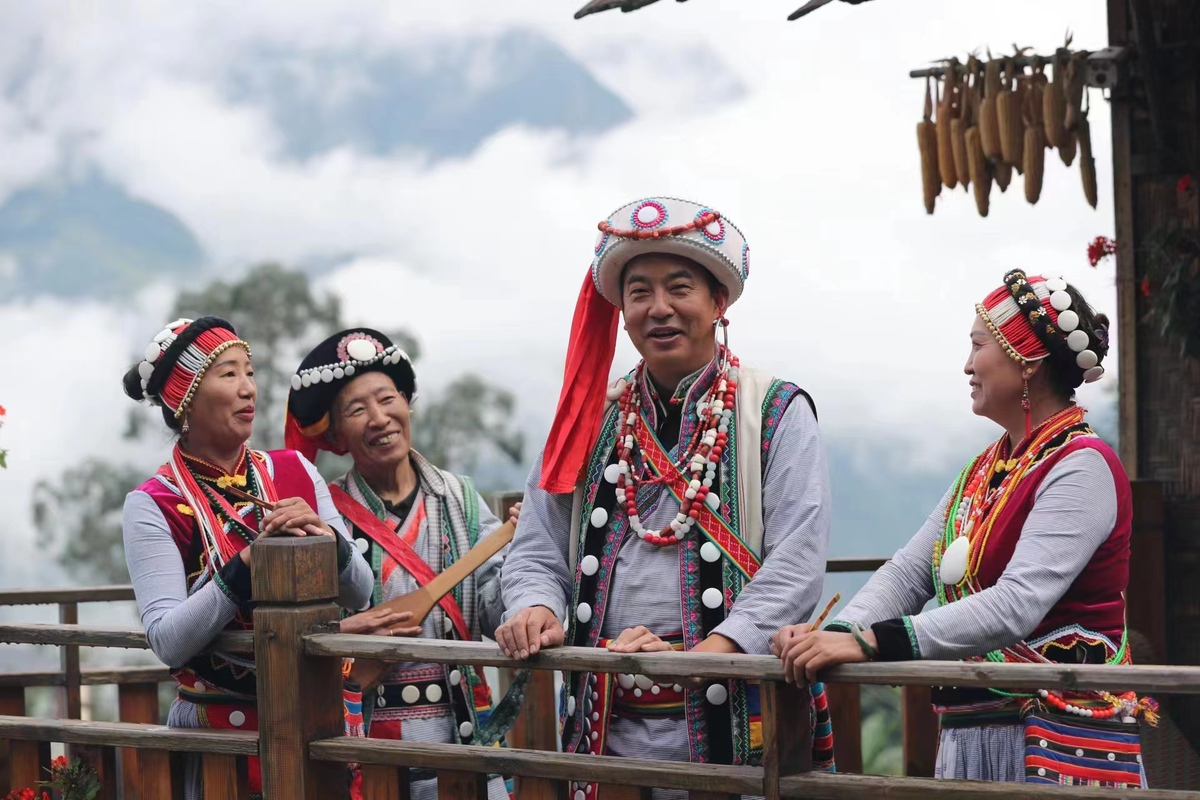
Ethnic group culture can enrich rural tourism, and thus plays an important role in rural vitalization, said Yu Wulin, a deputy to the 14th National People's Congress, on the sidelines of the second session of the 14th National People's Congress.
Besides being the owner of the fist inn in his hometown in Laomudeng village, Fugong county, Nujiang Lisu autonomous prefecture in Yunnan province, Yu is also an inheritor of the intangible cultural heritage odede, a type of folk song of Nu ethnic group. He has organized traditional performances of the ethnic group for those staying at his inn.
He has also set up an exhibition hall at the inn to show the production tools of the Nu people in previous years.
These attempts have enabled travelers to gain an understanding of the Nu people's culture and attracted more visitors.
"Rural tourism is not only about offering services of food and accommodation, but also cultural features of ethnic groups, which can enrich rural tourism," said Yu.
"The mode of local cultural tradition combining tourism can also help protect local culture, as culture can only be kept when it is combined with local economic development," he added.

Located in the hinterland of the Nujiang Grand Canyon, Laomudeng village has a picturesque landscape. Moreover, since it is on the side of the China National Highway 219 on which people travel to Xizang and the Xinjiang Uygur autonomous regions.
In 2001, Yu opened the first inn in his hometown to accommodate visitors. Then more and more villagers jumped onboard and followed suit. Now, 17 inns have been opened in the village. Moreover, local people can sell their products like tea, walnuts and honey to tourists, increasing their income.
Now, the annual income of the village has reached 7 million yuan ($972,000), according to Yu. He suggested that the government offer more support to remote mountainous area to develop tourism.


